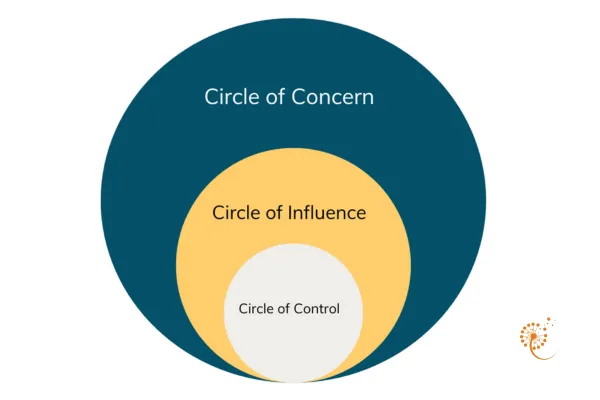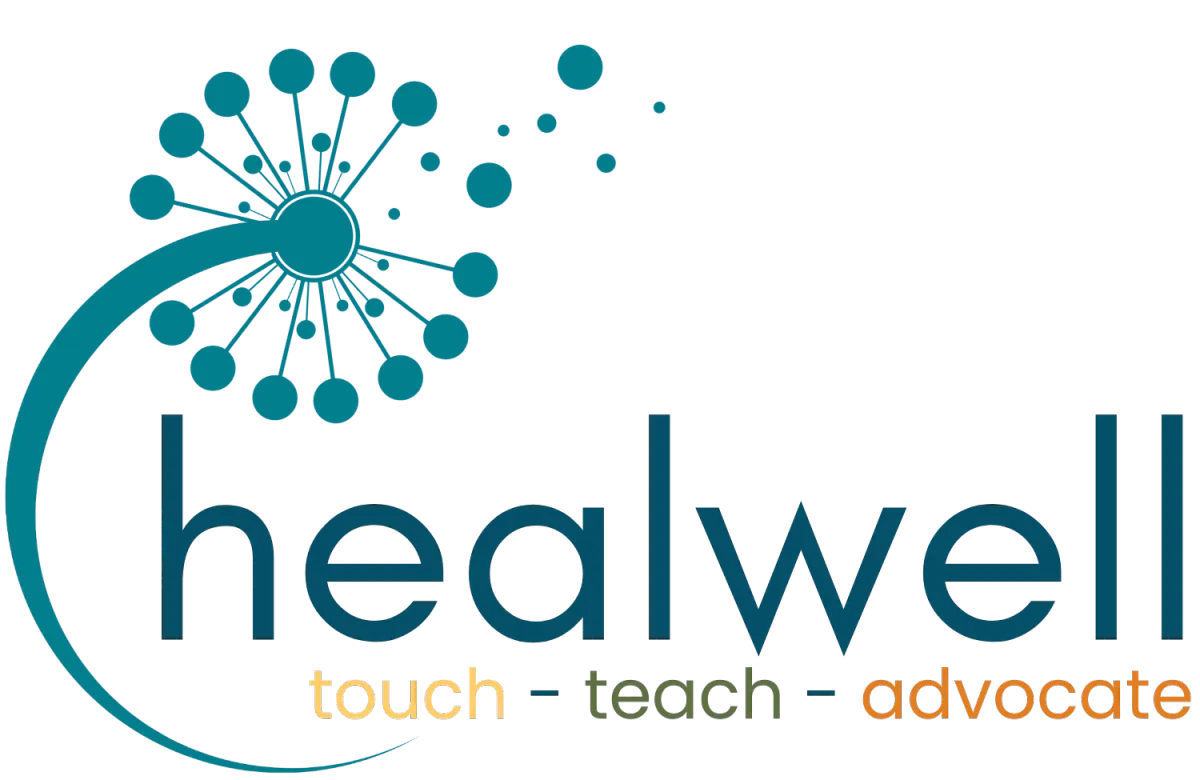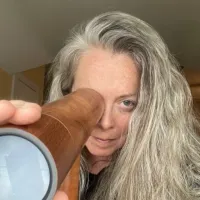Our Blog

Circles
Let me tell you a story about the day after the election: I sat on my couch with my spouse, and together we looked through the news and considered the future. For the most part, we were present, calm, and practical. I allowed my mind to wander, into the future and beyond the borders of the city where we live. My heart started to race. I clutched the edge of the chair. “But, what about...?” My spouse put a hand on my shoulder and said: “Circle of Concern. Circle of Influence. Circle of Control. Stay there.”
Meaning: You are spinning out into anxiety. Come back to the present.
Meaning: Live from the Circle of Control.
Many of you may be wondering how you can support clients who are transgender, immigrants, or otherwise vulnerable to the likely shifts in policy and culture promised by the incoming administration. We have heard from people asking how they can take care of clients who are coming into their practices with fear, anxiety, or emotional overwhelm. The constant stream of news, social media debates, and personal conversations can create a sense of helplessness. Stephen Covey's powerful framework of the Circle of Concern, Circle of Influence, and Circle of Control offers a strategic approach to managing your own overwhelm, and finding a way to be of service to your clients and to your community, without burning yourself out in the process.
The Circle of Concern encompasses all those things that fall outside of our direct control or influence. Things like cabinet picks, geopolitical machinations, or sentencing decisions, for example. The Circle of Concern should not be entirely ignored. Indeed, awareness of this circle can help to define and direct the way we live, what we value, and, of course, how we vote. With anything in the Circle of Concern, we can acknowledge our emotional reactions, maybe even talk about it with a trusted person, but not allow our thoughts to be consumed.

The Circle of Influence is where we can begin to create meaningful change. This circle includes our personal and professional networks; our students, colleagues, clients, and maybe even social media followers. Inside the Circle of Influence, we may be able to affect how others approach the humans in their sphere.
Finally, the Circle of Control is where we have the most agency. Our own actions, and reactions, are in the Circle of Control, as are any strategies we implement for self care and growth.
When we get stuck in the Circle of Concern, it is so easy to spin out into anxiety and end up (figuratively or literally) paralyzed in the fetal position, unable to move. Our best approach is to move into actions that come from the other two circles.
For example, within your Circle of Influence, you could:
Offer sliding scale services
Network with local organizations
Share resources about mental health and wellness
Advocate for inclusive professional standards in massage therapy
Participate in local community support groups
And, within your Circle of Control, a.k.a., yourself, you could:
Commit to cultural competency training
Create a welcoming massage practice environment
Practice active, non-judgmental listening
Educate yourself about the principles and practice of trauma-informed care
Dear Ones, there is much that is outside our scope: scope of practice, scope of awareness, scope of influence and control. This feels overwhelming and might make you want to shut down or rage out. Our challenge now, and always, is to remind ourselves of what is within our scope, and of the vitally important work we can do there. And – finally and always, to lead with honest self-compassion when we inevitably begin to spiral again.
I will also humbly suggest you check out Healwell’s online course portal for some options that can help you develop the skills that will support you in your Circle of Control.
Connect With Us:

Contact Us:
4201 Wilson Blvd. #110-341
Arlington, VA 22203
